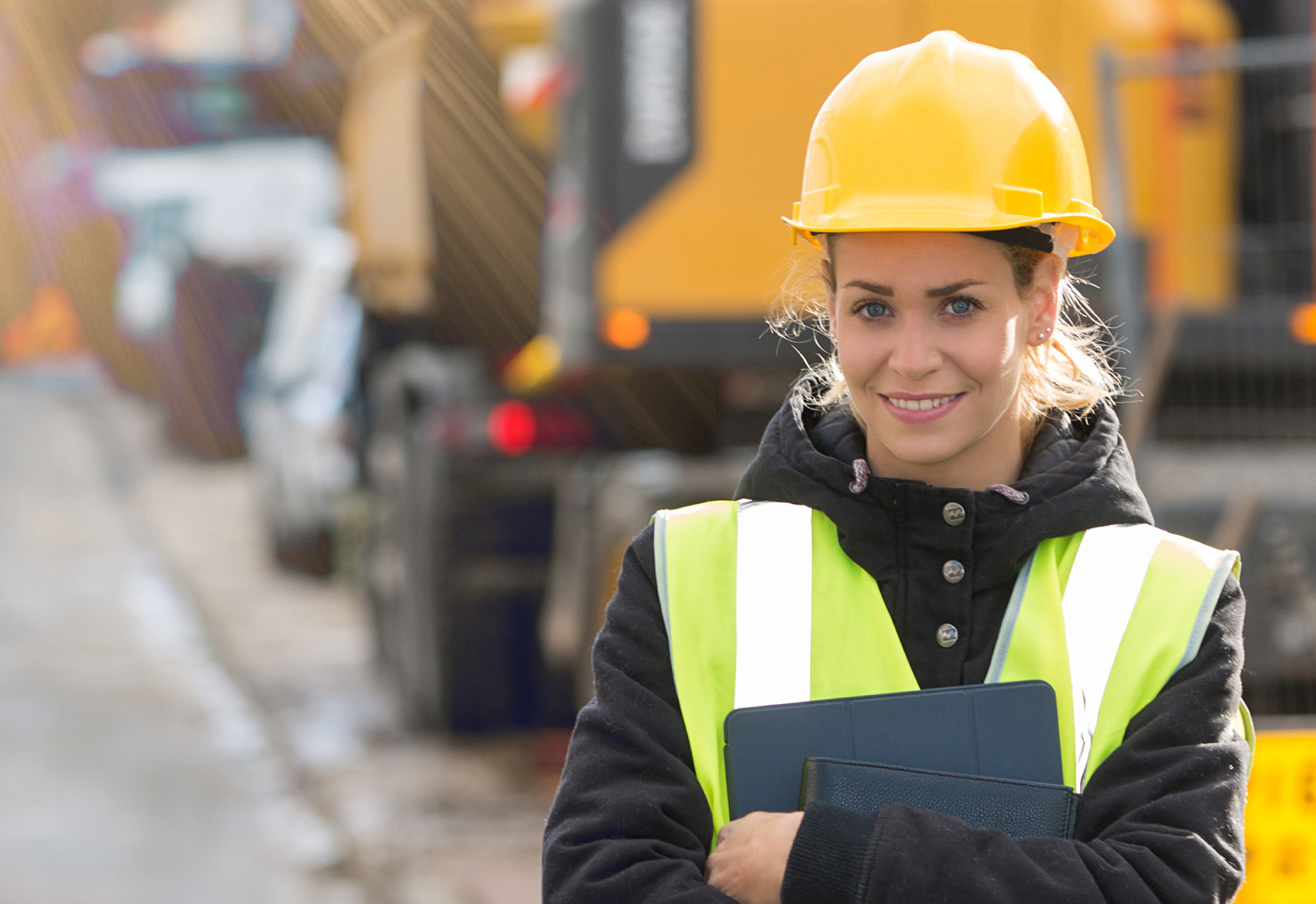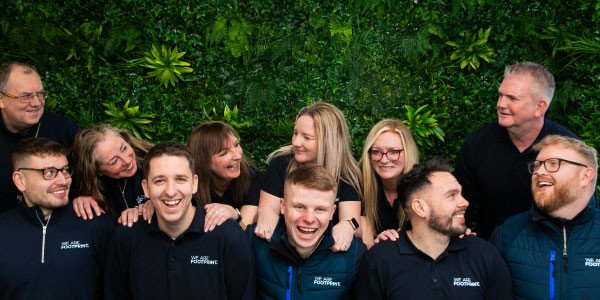In the construction industry, strength is often measured in physical terms. Toughness, resilience, and the ability to push through challenges are seen as part of the job. But beneath the hard hats and high-vis vests, there’s another reality that too often goes unmentioned. For many workers, the mental load of construction is just as heavy as the physical, yet it’s far less visible.
Long hours, unpredictable workloads, and constant pressure to meet deadlines can wear down even the most seasoned professionals. Fatigue becomes normal, stress is brushed off, and the expectation to just get on with it is ingrained in site culture. Over time, this can lead to burnout, disengagement, and deep emotional strain. What’s even harder to talk about is the toll this takes away from the site on relationships, sleep, and even a person’s sense of self. And yet, despite all this, conversations around mental health still feel taboo in too many construction workplaces.
There is growing evidence that the scale of this issue is far greater than some in the industry have been willing to admit. Many workers have experienced mental health struggles during their careers, yet a significant number say they would find it hard to talk about at work. Not because they don’t want to, but because they fear judgement, embarrassment, or being seen as weak. This silence doesn’t mean the problem isn’t there, it just means it’s hidden. And if it stays hidden, it can’t be helped and supported.
That’s why breaking the silence matters. Creating space for honest conversations doesn’t mean lowering standards or reducing expectations. It means recognising that mental health is part of overall health, and supporting it is part of building a strong, safe workforce. When people feel they can speak openly, they’re more likely to seek help early, find the support they need, and ultimately stay in the industry.
Culture change takes time, but it starts with small actions. It starts when a manager checks in, not just on performance, but on how someone is doing. When colleagues look out for one another. When wellbeing is treated as seriously as safety. More companies are now offering training in mental health awareness, building peer support networks, and embedding resources into day-to-day operations. These are positive steps and they’re making a difference, but perhaps the biggest shift comes when workers know that it’s okay to not be okay, and that support can be offered without judgement.
At We Are Footprint, we believe that no one in construction should have to face their struggles alone. We work every day to support individuals into meaningful careers but that also means helping create conditions where they can flourish rather than just survive. Mental health is not a sign of weakness, it’s part of being human. And when construction sites are willing to speak about it, it lays the groundwork for a culture built on trust, connection, and a better future for the industry.



